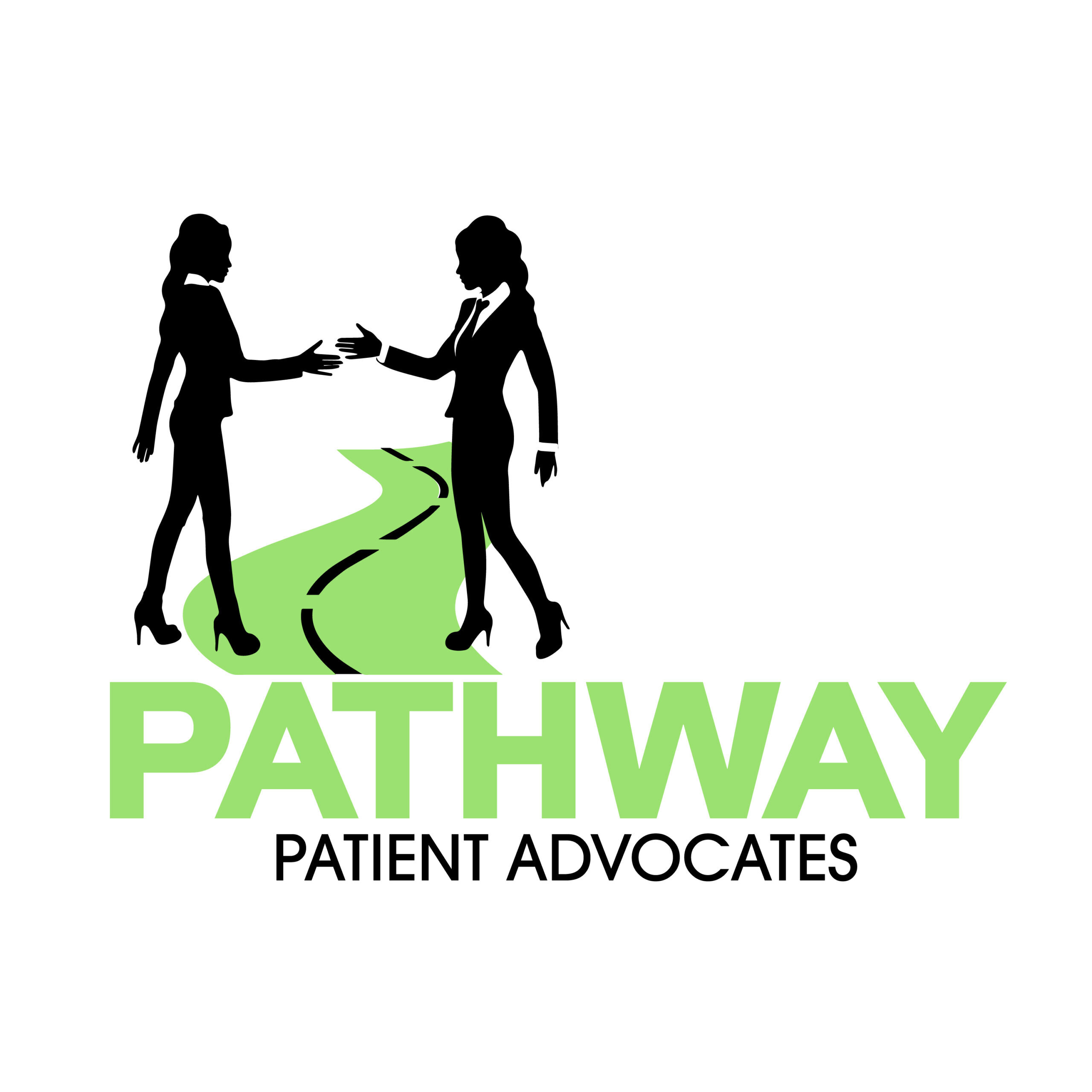Perhaps you are given a diagnosis that just doesn’t seem right for you. Perhaps your symptoms don’t add up to what your healthcare provider told you. Or…perhaps you were diagnosed with a rare disease and not offered much treatment or management plan. If this sounds like you or someone you know, then continue reading…
Sadly, this happens all too often. Why? Well, there are many reasons that can be guilty of the cause. For one, science is an art, and doctors and other healthcare providers use examination and tests to lead to a diagnosis that best fits the puzzle. Sometimes the answer is not exactly black and white. Every human is unique and many times so are their symptoms. “Textbook presentation” is not always the case.
Secondly, the demands of today’s fast-paced healthcare system leave little time for healthcare providers to spend hours investigating each patient’s unique case to figure out the best outcome. Unfortunately, office visits are often crunched into 15 minutes or fewer timeframes, patients are squeezed in last-minute, perhaps double-booked, and then to top it off, the COVID-19 global pandemic occurs. Even when healthcare providers want to dedicate the extra time to dig deep into your specific case, the healthcare system logistics makes it nearly impossible. While some hospitals do have scheduled meetings where challenging cases are discussed among specialists, this does not happen in all hospitals, and especially rare in primary care offices. While patients may be referred when necessary to the appropriate specialists in the area of need, this does not always happen.
The complexity of medicine is another reason that misdiagnosis occurs or rare disorders go inadequately managed. There are constant ongoing advances in technology and research and new diagnosis being discovered. It is impossible for every healthcare provider to keep up with each and every advancement.
How it affects you, the patient
Despite the many reasons why people get misdiagnosed or undermanaged, the end results are essentially the same. The patient is often left with feelings of defeat, exasperation, exhaustion, abandonment, anhedonia, and depression. Any one of these alone is a horrible feeling.
So what do you do?? This is where a private patient advocate can help.
What is a Private Patient Advocate?
A private patient advocate is an experienced healthcare professional that provides unbiased assistance to help navigate your path to better health and achieve your personal goals. A private patient advocate does not work for an insurance company or hospital; therefore their first priority is you.
How can a Private Patient Advocate help in a situation of misdiagnosis or rare diagnosis?
A private patient advocate can help in several ways. To highlight just a few:
Finding the right care
At Pathway Patient Advocates you have access to not 1 but 2 patient advocates; therefore your advocates are experienced not only in the medical aspect of healthcare but also the administrative side including insurance and billing. The experienced patient advocates can help you locate providers and resources that can help address your specific situation best as well in the most cost-efficient way for you.
Experienced
It is important to find a private patient advocate that has experience in advocating for patients who have been misdiagnosed or have a rare disorder. Advocates with this experience, may have already had clients similar to you and have increased knowledge of the situation.
Saving time and money
With an atypical diagnosis, time is of the essence. Often the sooner you can find a proper diagnosis and good management plan, the better chance you will have in managing symptoms, treatment, and quality of life. A private patient advocate can efficiently help you find the resources that you need, as they have the process and tools required to do so. This, in the end, will save you both money and more importantly time.
Personal Support
With a private patient advocate, you are not going through this challenge alone. A private patient advocate is here for you to walk side-by-side and assist you through your path. Even if you are fortunate enough to have family or friends by your side, it is comforting to know that you have your very own private patient advocate with you looking out for your best interest.
Call Pathway Patient Advocates today, you won’t be disappointed. We are here for you: (248) 247-8552








